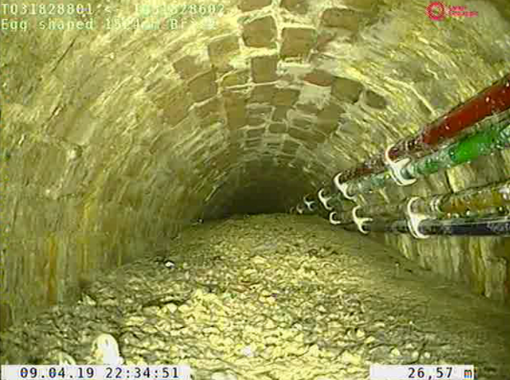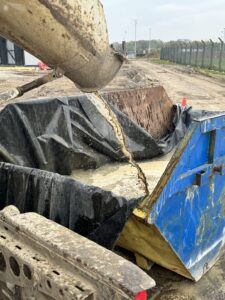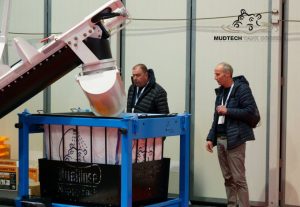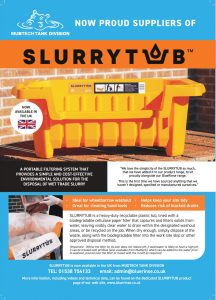Thames Water recently found a record breaking 100 ton Concreteberg blocking a London sewer. The mass stretches 100 meters resulting in a estimated cleanup bill of £150,000.
Thames Water Operations Manager stated “Normally blockages are caused by fat, oil and wet wipes building up in the sewer, but unfortunately in this case it’s rock-hard concrete. . . It’s in there and set to the Victorian brickwork, so we need to chip away at it to get it removed. . . This is not the first time damage has been caused by people pouring concrete into our sewers but it’s certainly the worst we’ve seen.”
An investigation is under way to identify the source and recover costs.
Its not just us here in the UK surprised by this finding (USA Today).




